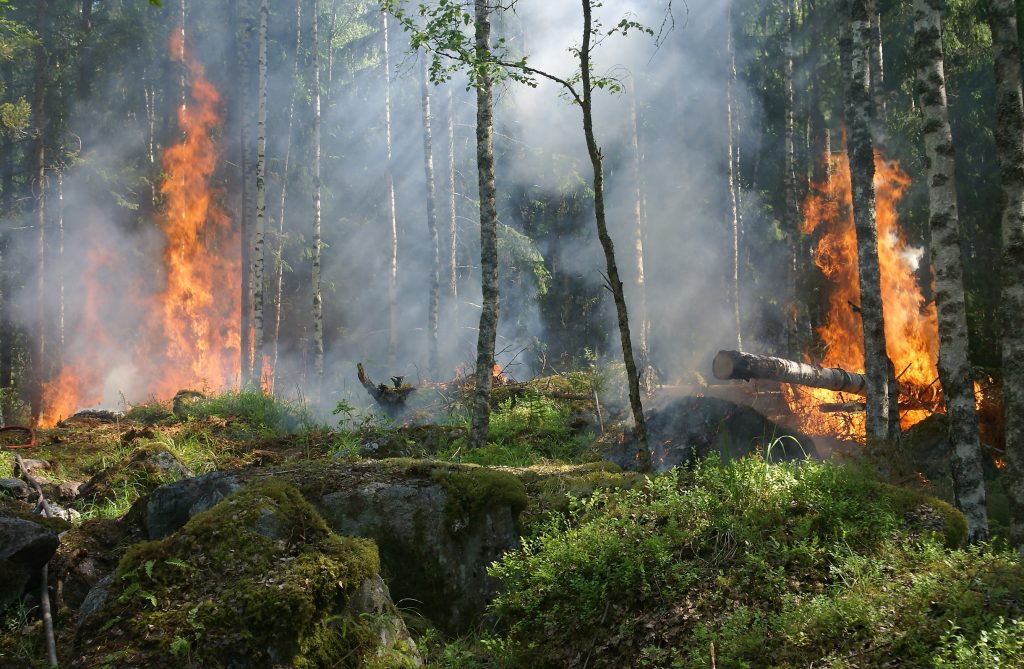Type of Claims and Perils We Handle
- FIRE AND SMOKE
- WILDFIRE
- WATER
- THEFT
- VANDALISM
- EARTHQUAKE AND EARTH MOVEMENT
At IGN Inc the public adjuster will do:
- Evaluate building damage
- Offer rebuilding and repair services
- Review insurance coverage and water damage restoration process
- Assess client compliance obligations
- Investigate and quantify the scope of the loss
- Calculate replacement costs and depreciation
- Compile claims for business equipment
- Gather evidence to support loss of income claims
- Draft documentation for advance payment requests
- Inspect for microbial contamination (e.g., mold)
- Analyze total loss claims and review insurance estimates
- Streamline the claims process
- Negotiate final settlement to satisfy the insured
Water Damage
If your home has been flooded with water due to a pipe break, overflow, sewer backup or any other means, please give us a call so that we can assess your damaged property or claim.
If water damage left unattended and improperly mitigated, this can potentially cause long term damages to your home like mold growth in the void cavities of the spaces, which can potentially cause negative health effects to the affected personnel.
Fire Damage and Smoke Damage
Total loss in a fire damage – we help recover maximum payout based on the incurred damages.
What is smoke damage/contamination?
According to CDC: Particle pollution — also called particulate matter (PM) — is made up of particles (tiny pieces) of solids or liquids that are in the air. These particles may include:
- Dust
- Dirt
- Soot
- Smoke
- Drops of liquid
- Some particles are big enough (or appear dark enough) to see — for example, you can often see smoke in the air. Others are so small that you can’t see them in the air.
Where does particle pollution come from?
Particle pollution can come from two different kinds of sources — primary or secondary. Primary sources cause particle pollution on their own. For example, wood stoves and forest fires are primary sources.
Secondary sources let off gases that can form particles. Power plants and coal fires are examples of secondary sources. Some other common sources of particle pollution can be either primary or secondary — for example, factories, cars and trucks, and construction sites.
Smoke from fires and emissions (releases) from power plants, industrial facilities, and cars and trucks contain PM2.5.
Particle Pollution and Your Health
Breathing in particle pollution can be harmful to your health. Coarse (bigger) particles, called PM10, can irritate your eyes, nose, and throat. Dust from roads, farms, dry riverbeds, construction sites, and mines are types of PM10.
Fine (smaller) particles, called PM2.5, are more dangerous because they can get into the deep parts of your lungs — or even into your blood.
How can particle pollution affect my health?
Particle pollution can affect anyone, but it bothers some people more than others. People most likely to experience health effects caused by particle pollution include:
- People with heart or lung diseases (for example, asthma)
- Older adults
- Babies and children

Additional Public Adjuster Services
If you are like most others, this is the first time you are facing a claim and don’t know what course of action to take. We take the worry out of your claim process. Here’s what you can expect to happen:
Review Your Insurance Policy: Once you contact us, we will review your insurance policy to determine coverages and deductibles that apply to your claim.
Report Your Loss to the Insurance Company: We will prepare you to report the loss to your insurance company.
Loss Mitigation Services: We will work with your restoration contractor and insurance company to ensure the loss is mitigated properly. If you don’t have an restoration contractor, we can refer you to one of the quality contractor in our network.
Assessment of Damages: We will coordinate a loss inspection and will be present when your insurance company’s adjuster visits your property to assess the damages.
Negotiating Your Claim Settlement: There are always repair items that need to be disputed with the insurance company. We will bring on board best-of-industry loss experts or consultants in order to fight the insurance company back and negotiate a fair settlement for your insurance claim.